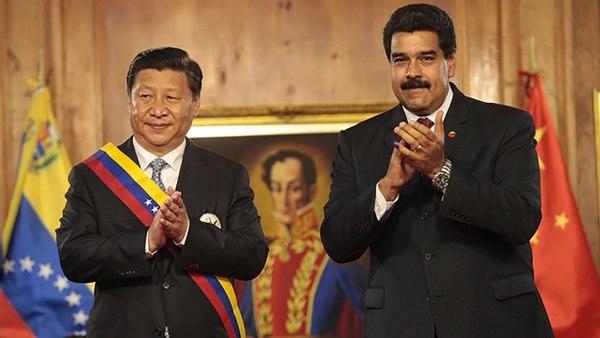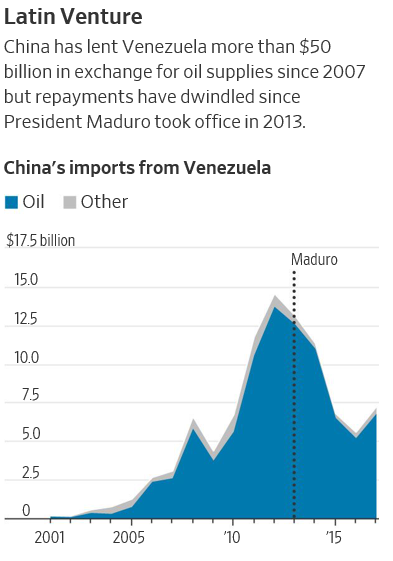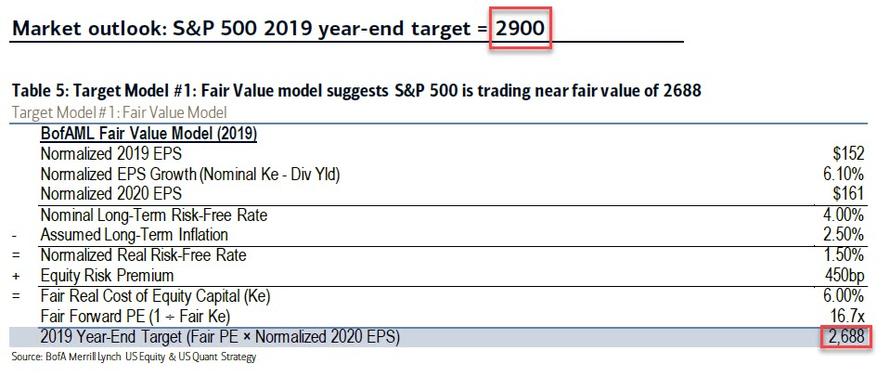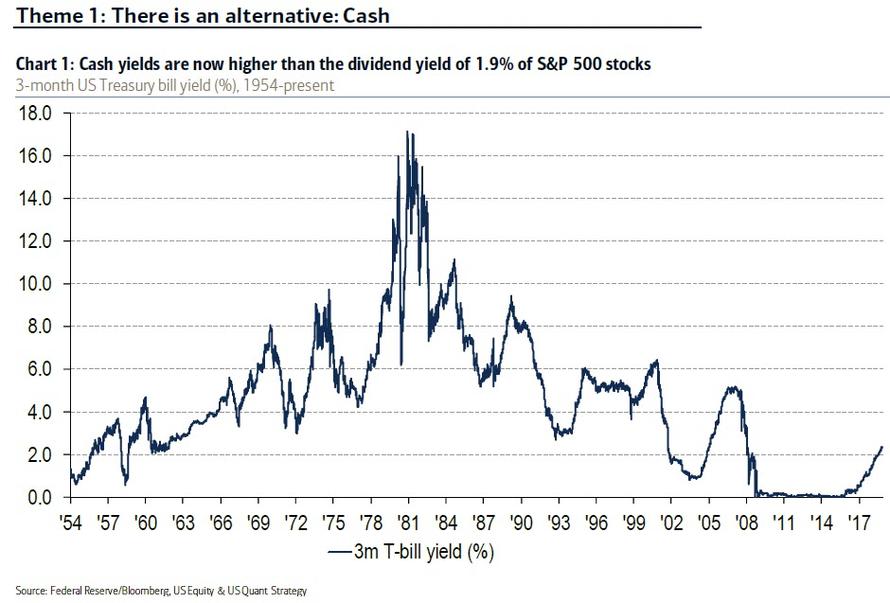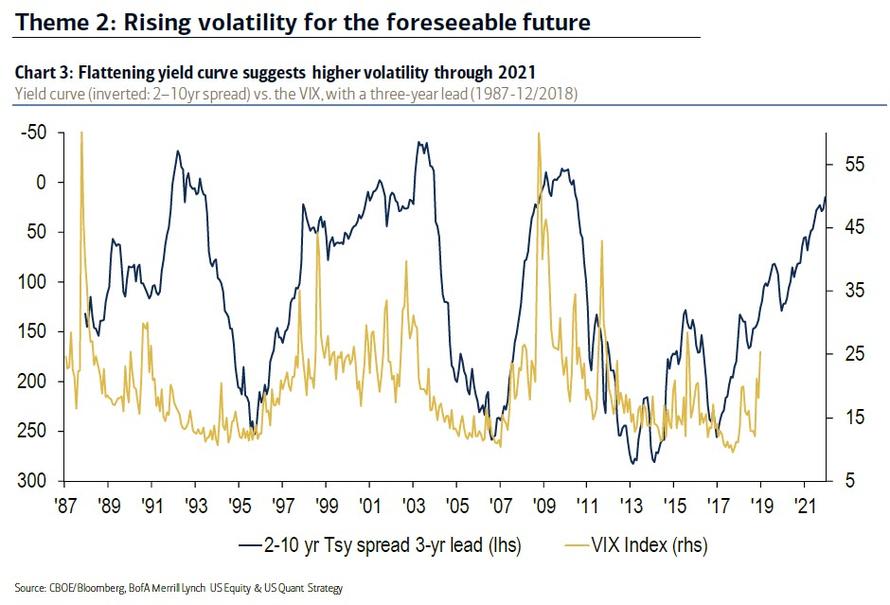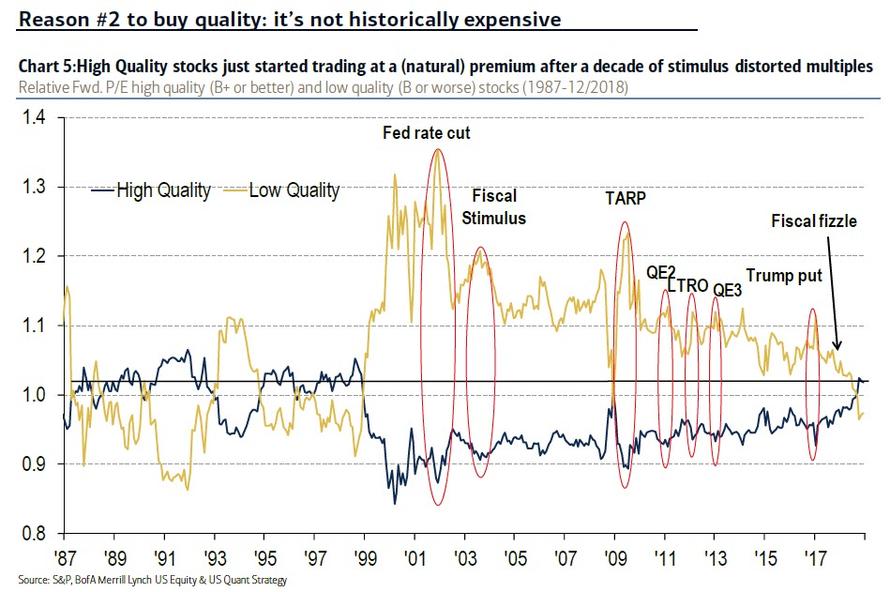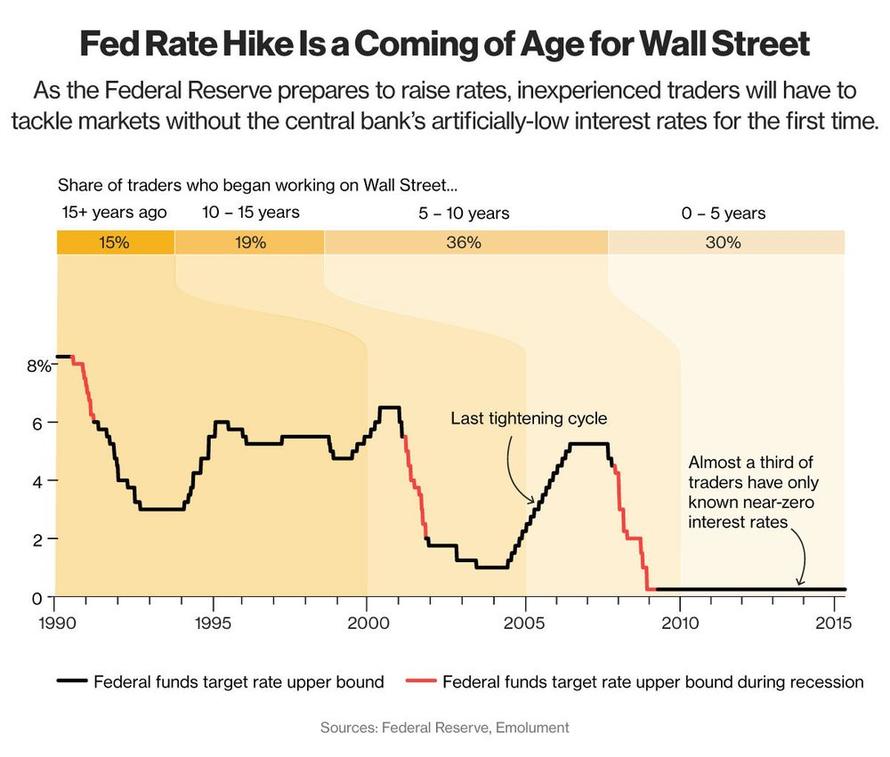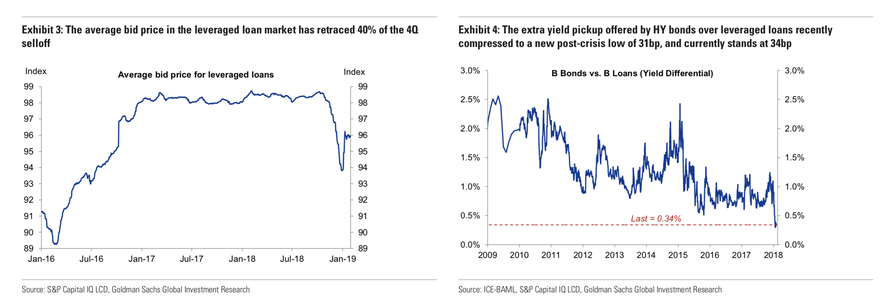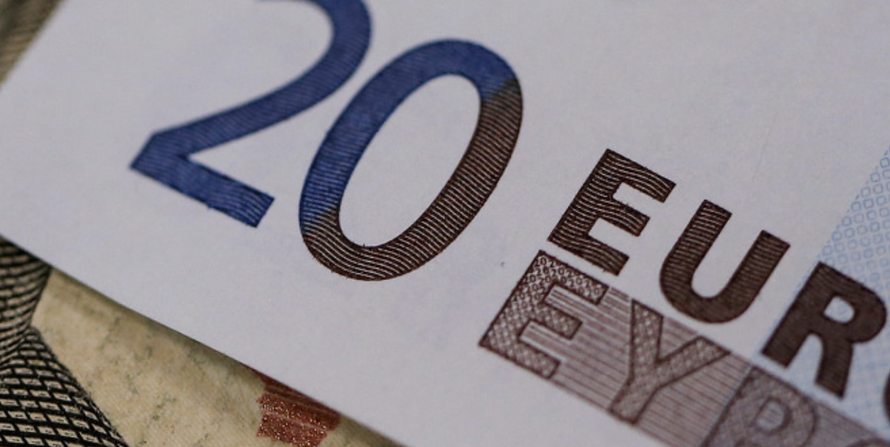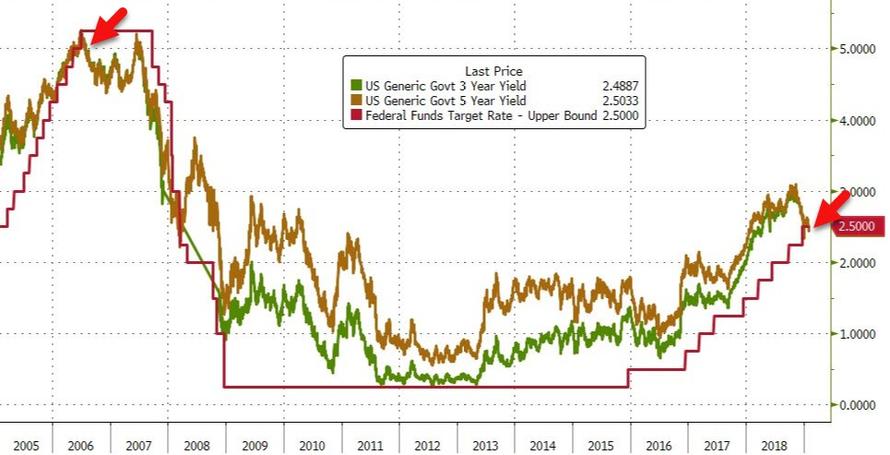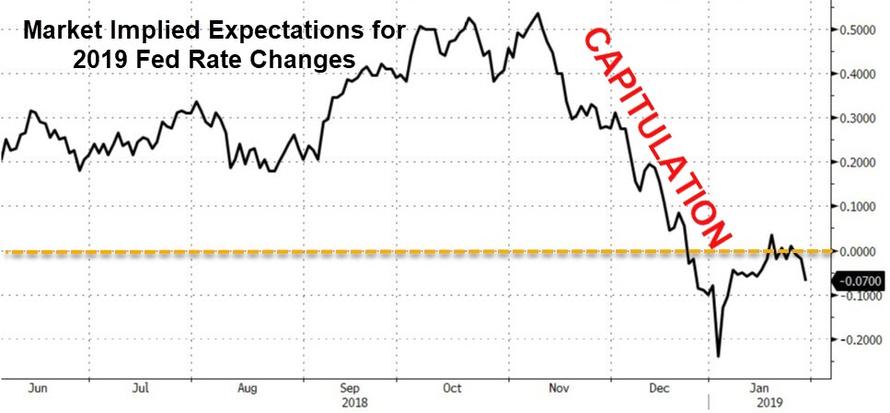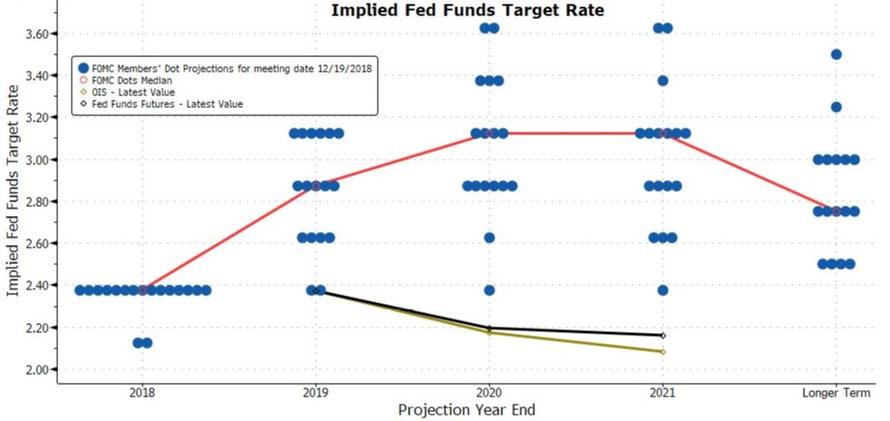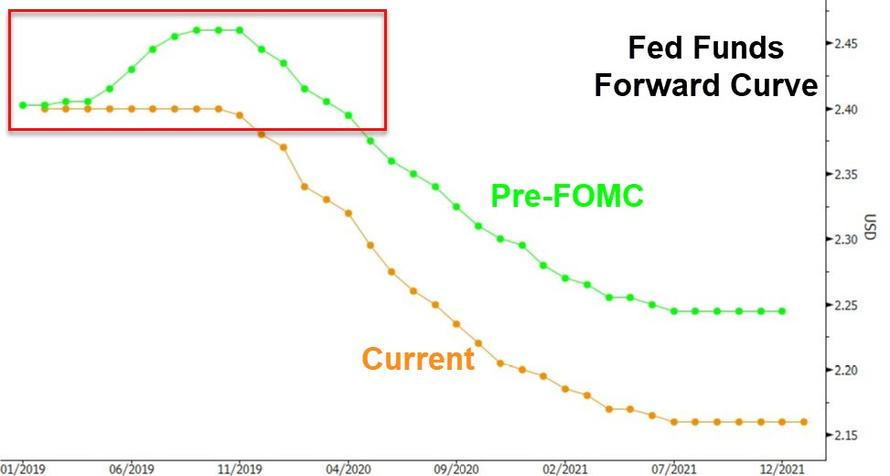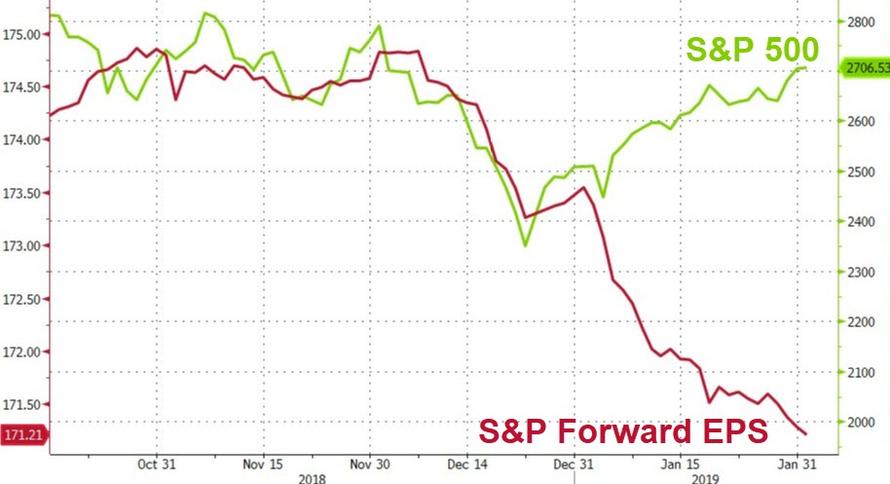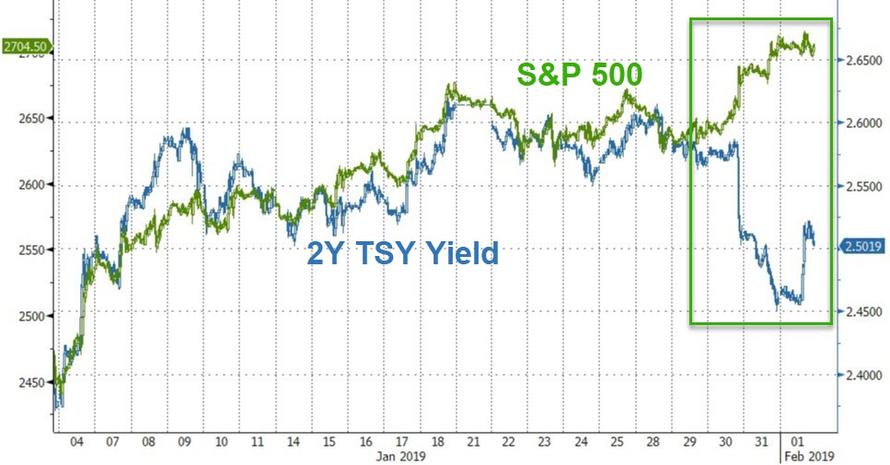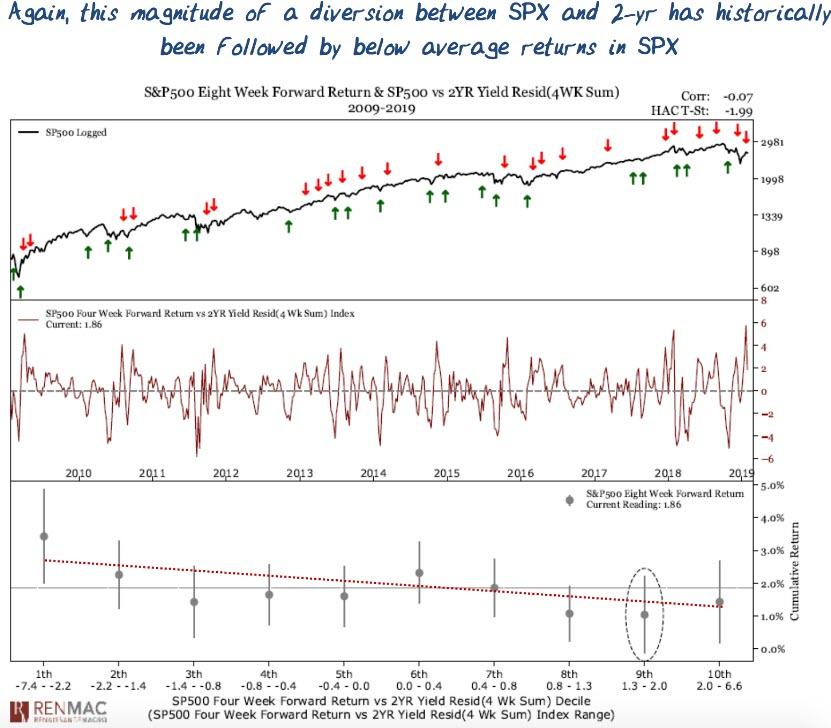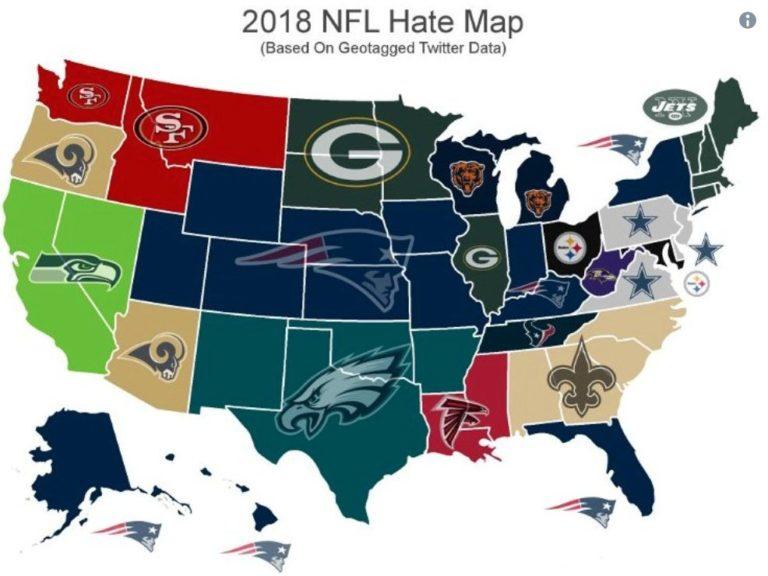Via InternationalMan.com,
Gillette thinks men can do better.
The razor company made this clear in a controversial ad that came out on January 13. If you haven’t seen it yet, I suggest you take a couple minutes to watch it. As you’ll see, it’s a clear response to the #MeToo movement and the ongoing war on “toxic masculinity.”
It shouldn’t come as a surprise that there were a lot of strong opinions regarding it. Some people love it. Others despise it. But I wanted to hear what Doug Casey thought… So I called him up last week.
Below, Doug shares his thoughts on the ad… toxic masculinity… as well as white privilege.
Just a forewarning, this is one of the most controversial Conversations With Casey we’ve ever published. You might want to skip reading this one if you’re easily offended.

* * *
Justin: Doug, what did you think of that Gillette ad?
Doug: The first thing that came to mind was that, when I was a kid in the ’50s, Schick razors used to sponsor boxing on television. Boxing, ritualized unarmed combat, is about the height of masculinity. It was, logically, sponsored by a razor company.
Now, we have a razor company that’s saying that almost any kind of masculinity is toxic. It’s a complete turnaround, an inversion. And, just as an FYI, Schick has run ads making the same point. As have Dollar Shave Club and Harry’s – both of which are owned by major corporations. I never previously cared what kind of razor I used – never even noticed the brand. But I’m simply not going to buy their stuff from now on, simply because I refuse to support these despicable people even on the tiniest level. I suppose I’ll give Porter Stansberry’s OneBlade razor a second shot. It’s a great shave, just rather retro.
Anyway, the Gillette ad basically says you should be ashamed to be a man, particularly if you’re a white man. The ad – which happens to have been directed by a woman I’ll describe as borderline psychotic – portrays men as horrible human beings. I haven’t done a count, but the only men even trying to do the right thing and moderate so-called toxic masculinity, are black men. So it’s not just that being a man is bad, but being a white man is particularly bad. No wonder 60,000 American white men commit suicide with opioids every year.
This is just one of many signs of the accelerating collapse of Western civilization and everything it stands for.
The whole politically correct [PC] culture has spread from universities, legislatures, entertainers, and the media into mainstream culture. Now, it’s reached the top of major corporations; it seems they all have “diversity officers” to ensure whites are put in their proper place. And if a corporation is involved in anything that impresses the morality police as even mildly non-PC, they don’t just abjectly apologize. They roll over on their backs like whipped dogs and wet themselves. It makes you sympathetic with Vanderbilt, when he said, “The public be damned.”
I don’t know how this is going to end, but trends in motion tend to stay in motion until they reach a crisis. And we’re heading for one at absolutely every level. Economically? That’s completely obvious. Politically? That’s completely obvious, too. It’s also clear that a psychological – spiritual, if you like – crisis is definitely in the making, too. A cultural crisis. This ad is indicative of that.
Justin: Yeah, the whole political correctness movement has taken on a life of its own. But I couldn’t help but wonder if the PC and outrage culture is about to peak. I mean how much worse can it get?
Doug: Well, the first time that I ever heard the term “politically correct” was on Saturday Night Live back in the early ’80s. I thought it was a spoof, part of a comedy gig. Maybe a riff on “politically unreliable,” a term the Soviets used to use. But it wasn’t. It was an opening shot for the whole movement. That movement has been gaining momentum, like an avalanche, for at least the last 40 years. It’s still gaining momentum.
Eventually there’s going to be some backlash. Probably a violent one. The popularity – no, celebrity status – of Alexandria Ocasio-Cortez, a person with about as much worth as Venezuela’s Maduro – tells us that this thing hasn’t nearly peaked. All manner of Millennials are now “woke,” and emerging from the “safe space” in their parent’s basements.
Let me draw your attention to the fact there is no limit to how far out of control stupidity can get. Einstein was right. After hydrogen, it’s the most common thing in the universe.
We’ve already undergone a gradual revolution in economic thinking. It seems most people are now at least sympathetic, if not active supporters, of socialism and the welfare state.
We’ve had a slow-motion political revolution, with a gigantic and irreversible concentration of power in the State.
The next step seems inevitable. Cultural revolution.
As evidence for that assertion, let me point to China’s “Great Cultural Revolution” from about 1966 to 1976. The Red Guards, mostly teenagers and people in their twenties, took over the country. The idea was to destroy the “Four Olds” – old customs, old culture, old habits, and old ideas. China had already undergone a serious economic and political revolution since Mao took over after World War II. Now it was time to destroy what was left of traditional Chinese civilization.
Most people are unaware of how violent and completely out of control it became. Book burnings of pre-Mao literature. Red Guards – and everybody else if they were smart – waved Mao’s Little Red Book as “virtue signaling.” There was wholesale destruction of artwork, furniture, and clothing. Everyone, everywhere, wore “Mao suits” – your choice of grey, brown, or blue. Public shaming and beating. Millions were sent to the countryside for sessions of self and mutual criticism after 12 hours in the fields.
Is the U.S. Cultural Revolution going to be like the one in China? Not in its particulars, of course. This is 50 years later, and the U.S. isn’t full of starving workers and peasants. But something like it is underway. Social movements like Antifa, #MeToo, Black Lives Matter, and many others want major changes. They all want to be rid of old customs, old culture, old ideas, and old habits.
Everything associated with the old America is being discredited. Big things like free speech, the free market, individualism, limited government. Old religious traditions are debunked. The work ethic is laughed at, to be replaced by a guaranteed annual income. Little things from the car culture, to fast food, to houses in the suburbs are derided as toxic.
Don’t get me wrong. There are plenty of things – in America and everywhere else – I’d like to see improved. And what constitutes improvement is a matter of opinion, open to discussion. But a wholesale overturning of the culture is vastly more serious than degradations in economics and politics. What’s happening is an attempt at cultural revolution.
The average American doesn’t realize what’s going on. Just like the average Chinese in the ’60s, he’s got his hands full just keeping his head above water. He doesn’t like the cultural revolution on a gut level. But he doesn’t understand it. Or think about it.
Soon, however, there’s going to be reaction, a backlash. It’s likely to be much more serious and violent than what we saw in the U.S. in the ’60s. Why? In those days, college students were a small minority. And not all their professors were hard-core leftists. Now almost everybody goes to college, and the indoctrination and peer pressure are overwhelming. That’s compounded by the pervasive influence of the entertainment business and the media.
On the other hand, the traditionalists are big on the internet, looking for their own interpretation of current events. Jordan Peterson is getting some traction, for instance. They’re also coalescing around various banners – much more than was possible in the ’60s. The country is dividing into traditionalists and antitraditionalists, like two heavy weights on the ends of a barbell.
The economics and politics of the U.S. have changed a lot over the last couple of generations – in the direction of the antitraditionalists. But the cultural battleground is the biggie. I see absolutely no indication that current trends are peaking – rather the contrary.
Justin: So the focus of the Gillette ad was mainly toxic masculinity. But PC types are also really concerned about “white privilege.”
What are your thoughts on this concept? Does white privilege exist in your eyes? I mean, most people would agree that many white people enjoy some privileges over minorities.
Doug: Well, Western civilization is the product of Europe and America. And Europe and America have historically been run by white people. This has been true since the founding of Western civilization in the days of the ancient Greeks, up through the Romans, through the Renaissance, the Enlightenment, and Industrial Revolution. These are all exclusively products of Western civilization. Which, coincidentally, means the product of white males.
The so-called Social Justice Warriors, PC types, socialists, etc. and their numerous allies, hate Western civilization. Despite being – no, actually because it is – by far, by an order of magnitude, the freest, most accepting, most progress-oriented civilization ever. By an order of magnitude. And white males are inextricably associated with those values.
It’s very dangerous to talk about race these days because you’ll be accused of being either a racist or a Nazi – which are not the same things incidentally, but that’s a different discussion.
As I’ve explained before, everybody is a racist: blacks, whites, Chinese, you name it. We’re all racist. We tend to favor our own kind. Race is just the lowest common denominator. If there are no racial differences, people invent others – religious, political, cultural, what-have-you. You’ll recall Jonathan Swift talking about the Big Enders and the Little Enders – fighting over which end of a soft-boiled egg should be opened.
Religious groups are probably the worst offenders, after racial groups – which are just an accident of birth. Jews tend to favor Jews. Mormons tend to favor Mormons, Evangelicals prefer dealing with other Evangelicals.
I grew up with a lot of Irish Catholics, and if you weren’t an Irish Catholic you were suspect. This is not intellectually or morally admirable, but it’s genetically bred in human beings to favor your own kind.
At this point the U.S. has the makings of a race war. In the near future, whites will become a minority. They’ll represent less than 50% of the population. That plays nicely into the Identity Politics being promoted by the Left. They’re telling everyone that who you are as an individual isn’t nearly as important as what group you belong to.
Right now, it’s mostly a black/white divide. It’s incredibly stupid – but the Identity Politics agitators are encouraging blacks to see themselves first and foremost as blacks, not as individuals.
The fact is – and here’s a statement that many will find shocking – that the blacks who were stolen from Africa and enslaved were the lucky ones. As a libertarian, I’m opposed to slavery. That goes without saying. But blacks in the U.S. have it much better – about 30 times in economic terms – than blacks anywhere in Africa. Except the billionaire kleptocrats who control their governments.
Nobody can say with a straight face that blacks are held down by the whites in the U.S. It’s ridiculous. Black athletes are praised and worshiped by white people as much as white athletes. Black entertainers are paid tens of millions of dollars per year and idolized. There are plenty of very wealthy black businessmen. The black man in the U.S. can do absolutely anything that a white man can do.
However, this false meme that blacks are underprivileged has resulted in things like Affirmative Action. Which is totally counterproductive. If a black man graduates from a top university, everybody is suspicious of his credentials. Perhaps, they think, he got them through Affirmative Action.
Many people don’t want to have a black surgeon because he might be a product of Affirmative Action. Unlike having a Korean or a Chinese surgeon, who probably had to swim upstream, and be extra competent, to get to where he is.
The idea of “white privilege,” and blacks being held down as an underclass, is pernicious nonsense. Except, perversely, for the fact that white liberals are the ones who destroyed black culture by basically putting huge numbers of them on welfare, and essentially herding them into vertical ghettos in the inner city. White liberals, while claiming the moral high ground, are the ones who’ve turned the majority of blacks into an underclass, cemented to the bottom of society by the philosophy of Identity Politics, implemented by government programs.
Justin: What would you say are the objectives of these movements? Should we expect politicians to combat toxic masculinity and white privilege with legislation?
Doug: Of course. Having identified a non-problem, they’ll try to be heroes – with other people’s money – and use coercion to “solve” it. Now that the rabid left wing of the Demopublican Party controls the House, expect a flood of destructive proposals. There’s going to be more legislation that is pro-women, pro-colored people, pro-people with psychological or sexual aberrations, and pro-people of whatever the current meme is.
It’s only going to exacerbate the problem, which originated with legislation classifying people into groups according to their ethnic background or skin color. Sure, people tend to do that naturally. But when it’s solidified and concretized with laws, and they attempt to give privileges to the perceived underclass, that creates resentment, even hatred.
While, in the meantime, the trillions of dollars created by Central Banks has made the rich vastly richer while impoverishing the middle class. It’s building up to an explosion.
Legislation to solve a perceived problem usually makes it much worse. Almost everything government does winds up having the almost exact opposite effect that it’s intended to have.
The fact is that the average millennial is pro-socialism and pro-welfare. He accepts Neo-Marxist political and economic concepts as givens. And he buys into the idea of identity politics, where you’re viewed not as an individual but as black, a woman, or some other subdivision.
My main question is to what degree the cultural revolution will be violent. It may well be, especially since people seem to be self-segregating into red and blue areas. I can’t see that this is going to turn around and get better. When the economy collapses, which it will over the next couple of years, it’s likely to be a match to the social tinderbox these people have created over at least 50 years.
So, I’m not very optimistic about how this is going to sort out. If you want to be entertained, just turn off the audio on the news in the future and put The Rolling Stones’ “Street Fighting Man” on continuous loop. That’s all the audio you’re going to need.
I’m well aware that if this interview is widely circulated in Europe or Canada I could be banned from those places. But frankly I don’t give a damn.
Justin: Thanks for speaking with me today, Doug.
Doug: You’re welcome.
* * *
If you’re not offended by these discussions, you’ll definitely want to get your hands on Doug’s book: Totally Incorrect 2. It’s his most controversial book yet… as well as a vital guide for surviving the changes happening in America today. This book isn’t available anywhere else right now. Learn how to get your copy right here.

via ZeroHedge News http://bit.ly/2GjOSuG Tyler Durden
